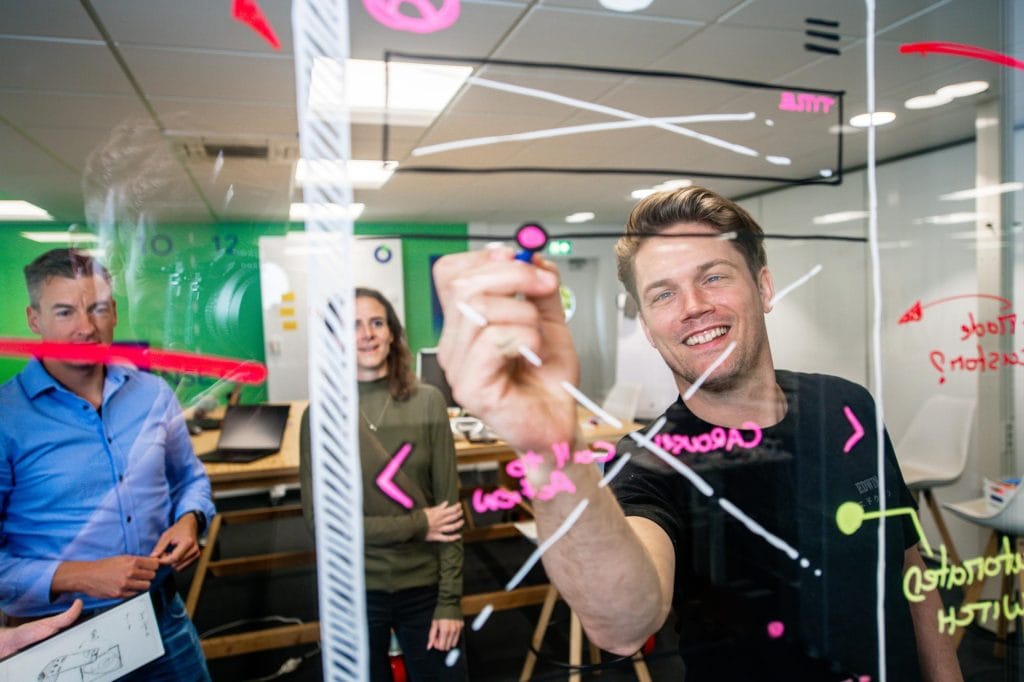Automated invoices with RPA
Automate repetitive tasks in rule-based invoice processing workflow
Innovation and sustainability in food processing
Marel, a world leader in food processing solutions, is known for its innovative technologies that improve efficiency, quality and sustainability in the food industry. With a strong focus on research and development, Marel continually anticipates and meets industry needs with advanced processing solutions. This commitment to innovation and efficiency has positioned Marel as a leader in the food processing industry, where it serves a wide range of customers worldwide.
Challenges of manual invoice processing
Marel’s finance department faced significant challenges in manually processing invoices. Booking goods receipts was not only time-consuming, with a processing time of about 2 to 3 minutes per transaction, but also prone to human error. These inefficiencies were compounded by the high number of invoices processed daily, resulting in a significant amount of manual work each month. The manual nature of the process also introduced risks such as delays and inaccuracies in financial reporting, which could negatively impact operational efficiency and financial health. Marel needed a solution to streamline this process, reduce workload and improve accuracy.
Simplify invoice processing
Implementation of Basware
- Integration with Existing Systems
Basware was seamlessly integrated with Marel’s existing Basware and SAP systems to enable real-time processing and monitoring of invoices. - Workflow design
The RPA workflow was designed to automate the end-to-end tasks of invoice processing, from logging into Basware to generating reports in SAP. - Testing and Optimization
Extensive testing was conducted to ensure that the RPA solution met Marel’s operational requirements. Feedback from the finance team was incorporated to refine and optimize the process. - Training and Support
Extensive training sessions were organized for the finance team to ensure smooth adoption and effective use of the new automated system.
Benefits of automated invoice processing
- Automated Invoice Processing
Basware automates the entire invoice processing workflow, significantly reducing manual effort and time required. - Real-Time Data Processing
Basware processes invoices in real-time, ensuring timely and accurate financial reporting. - Error Detection and Correction
By comparing invoices between Basware and SAP, Basware detects and corrects discrepancies, minimizing manual errors. - Enhanced Collaboration
Basware’s integration promotes collaboration with human colleagues and maintains high quality standards in the work process.
Impact on the finance department
The implementation of Basware has had a major impact on Marel’s finance department. The automation of invoice processing has reduced the time required to book goods receipts from 2-3 minutes per transaction to just 2-3 seconds. This efficiency gain results in a savings of approximately 90 hours of manual work per month, allowing the finance team to focus on more strategic tasks.
The reduction in manual errors has also improved the accuracy of financial data, improving operational efficiency and financial health. By using RPA, Marel has set a new standard for innovation and efficiency in the food processing industry. This demonstrates their commitment to continuous improvement and employee satisfaction.
We will help you further!
Looking for a partner who understands your organization and translates it into digital solutions with results?
Discover
Define
Design
Do

